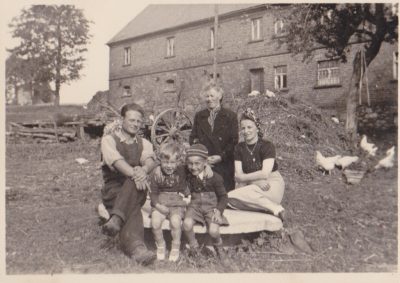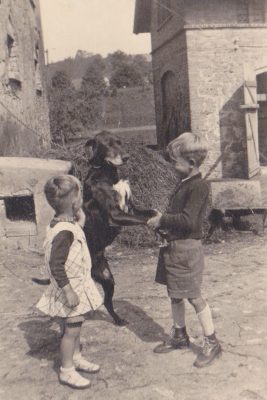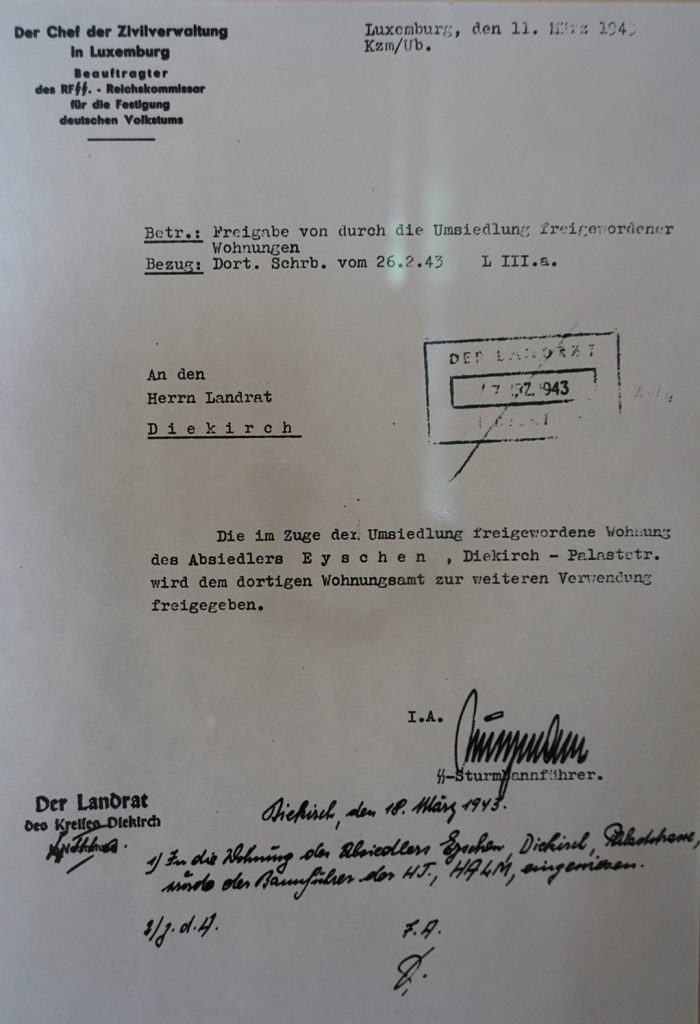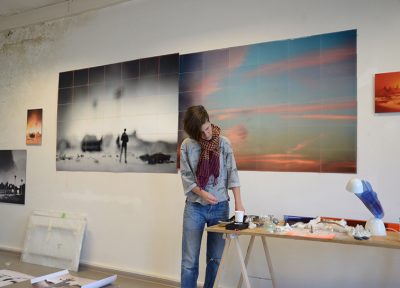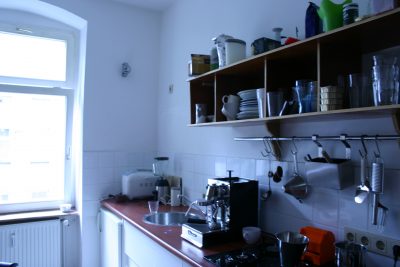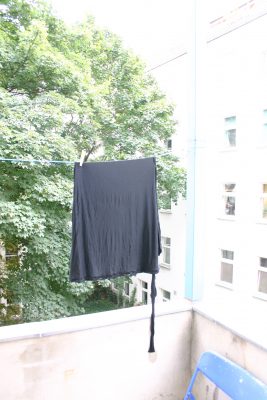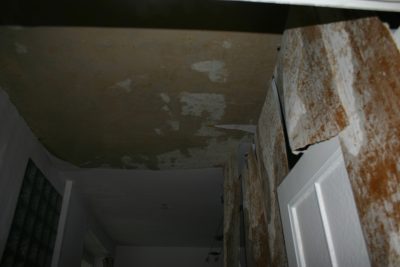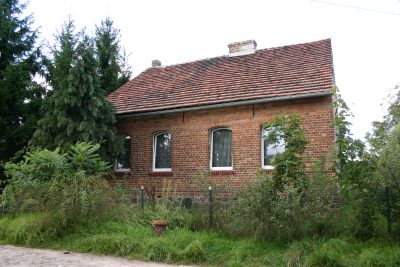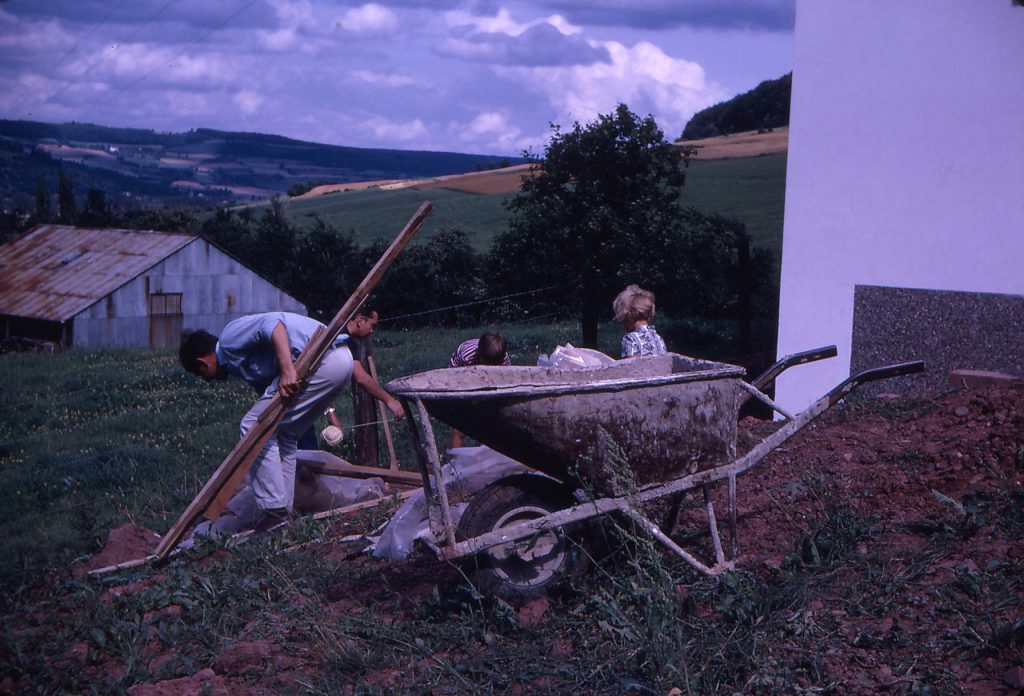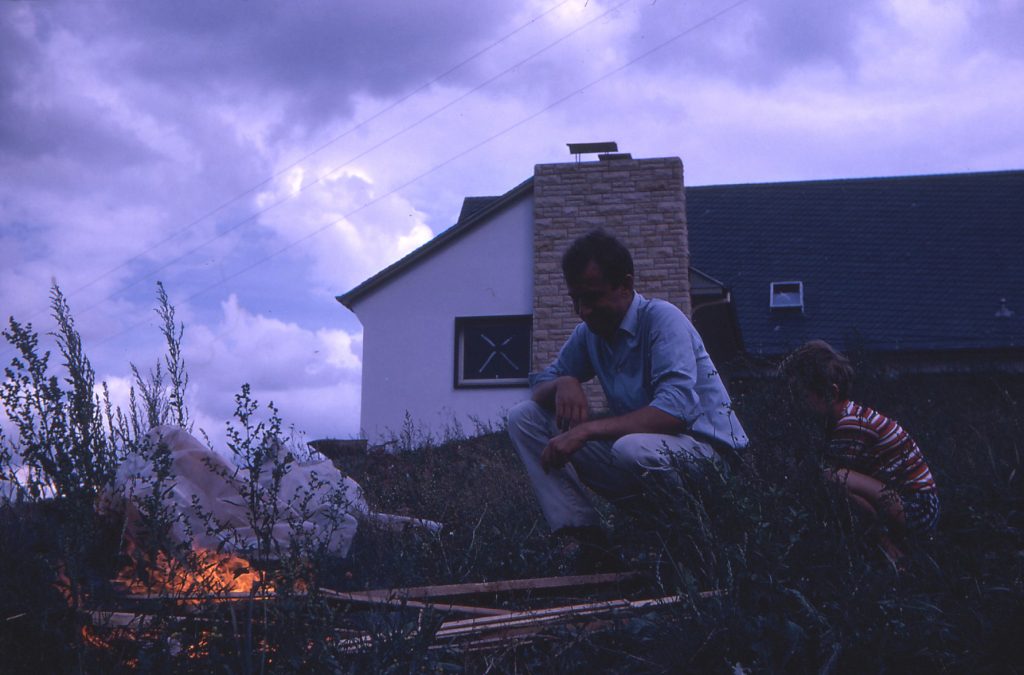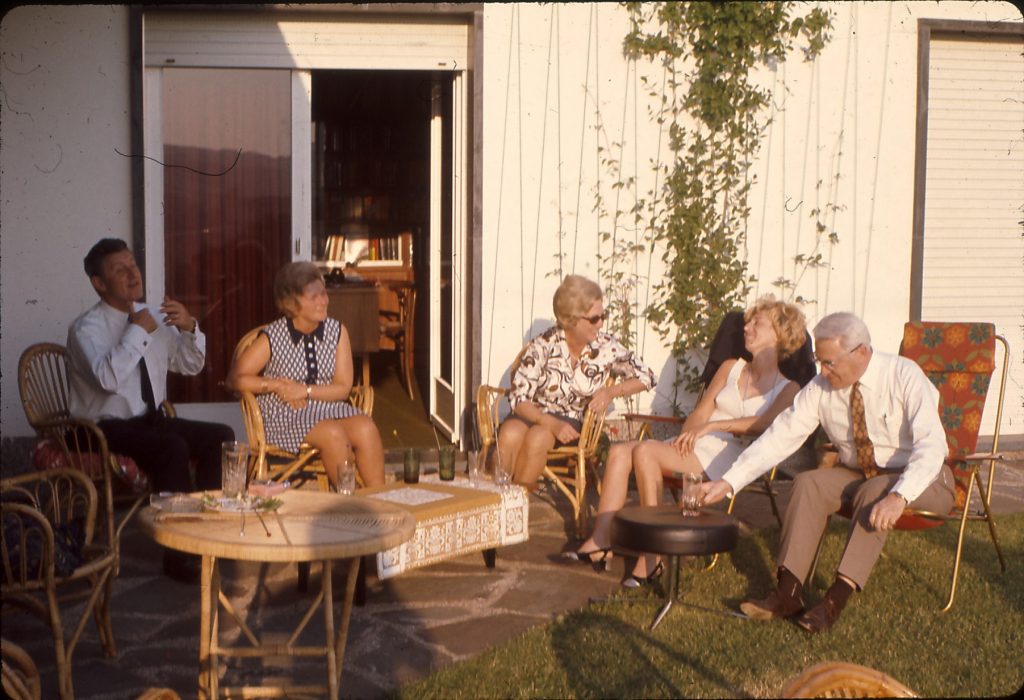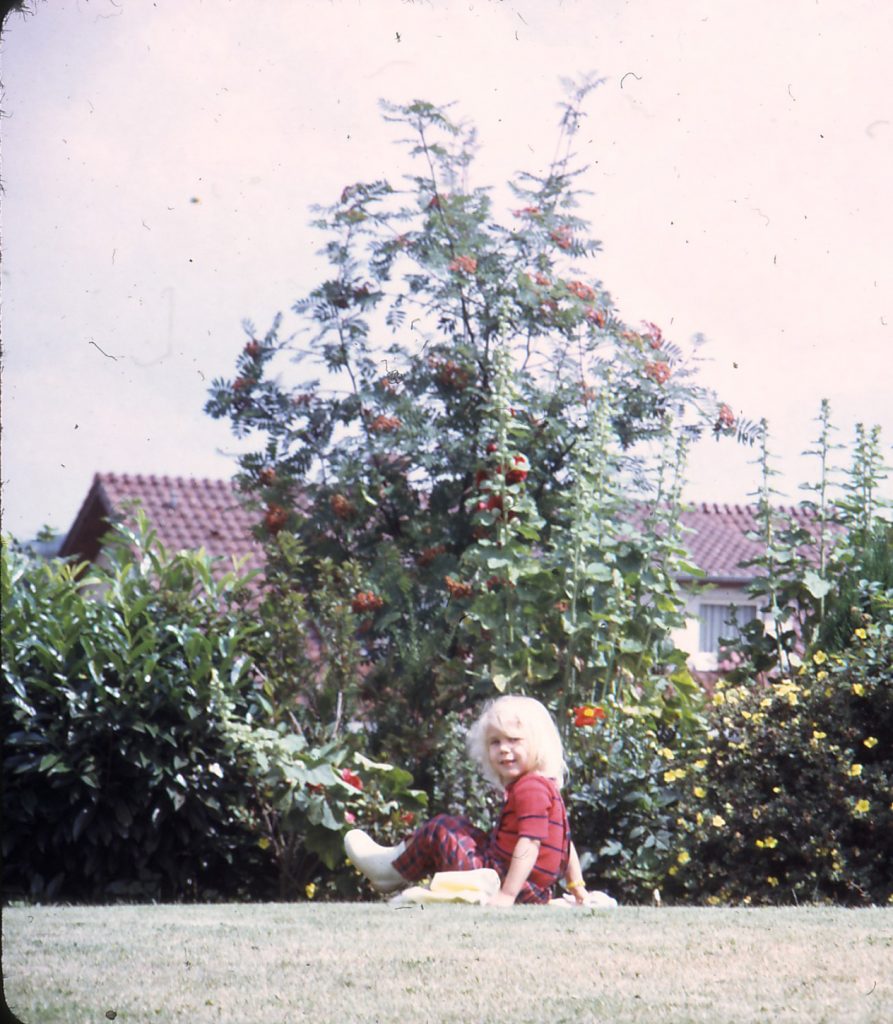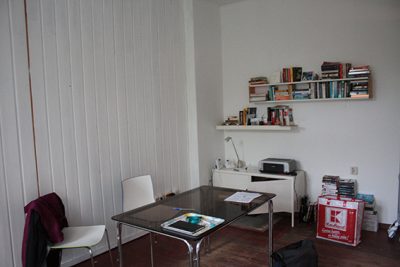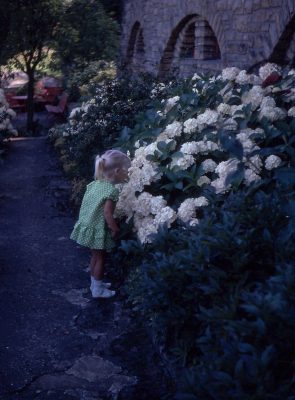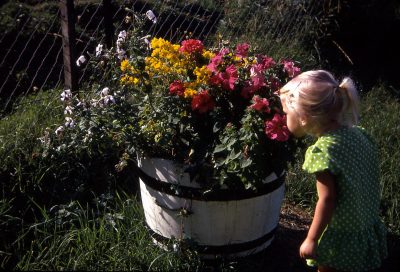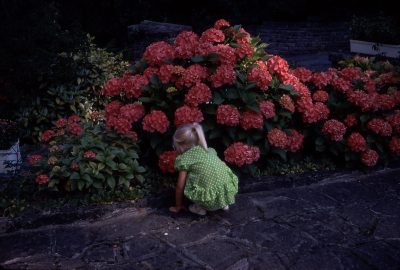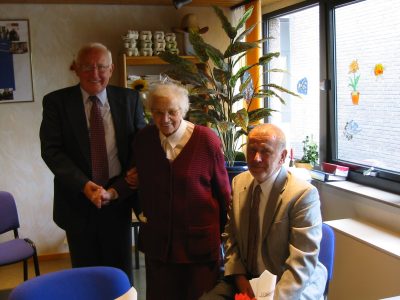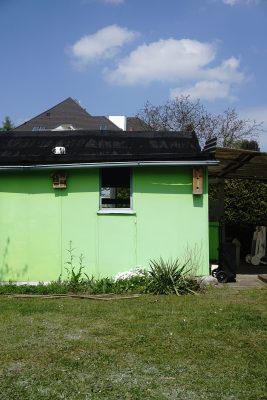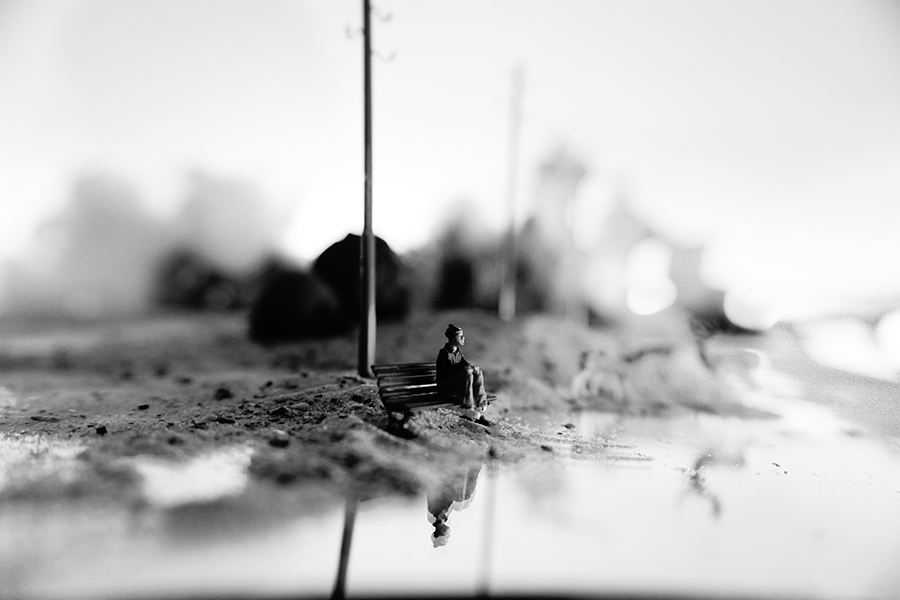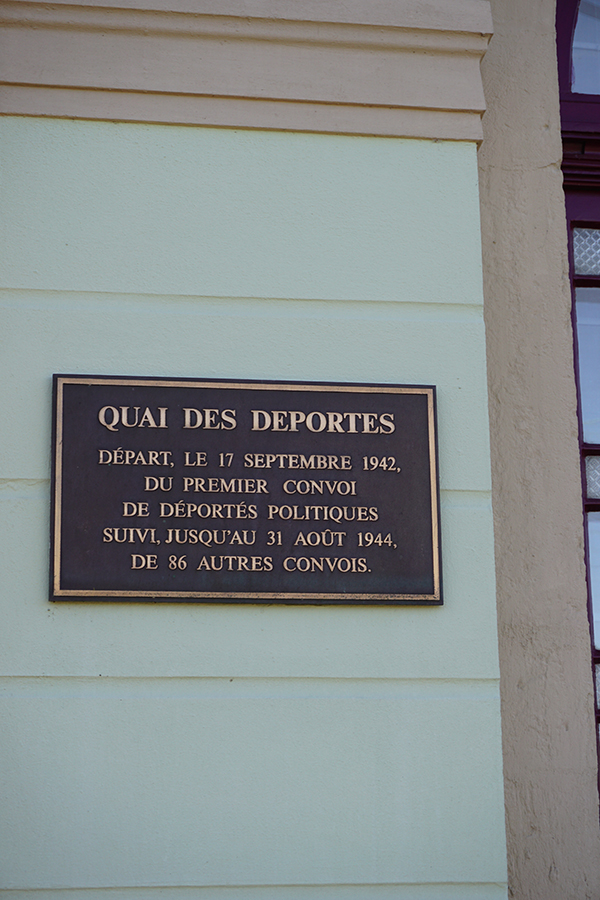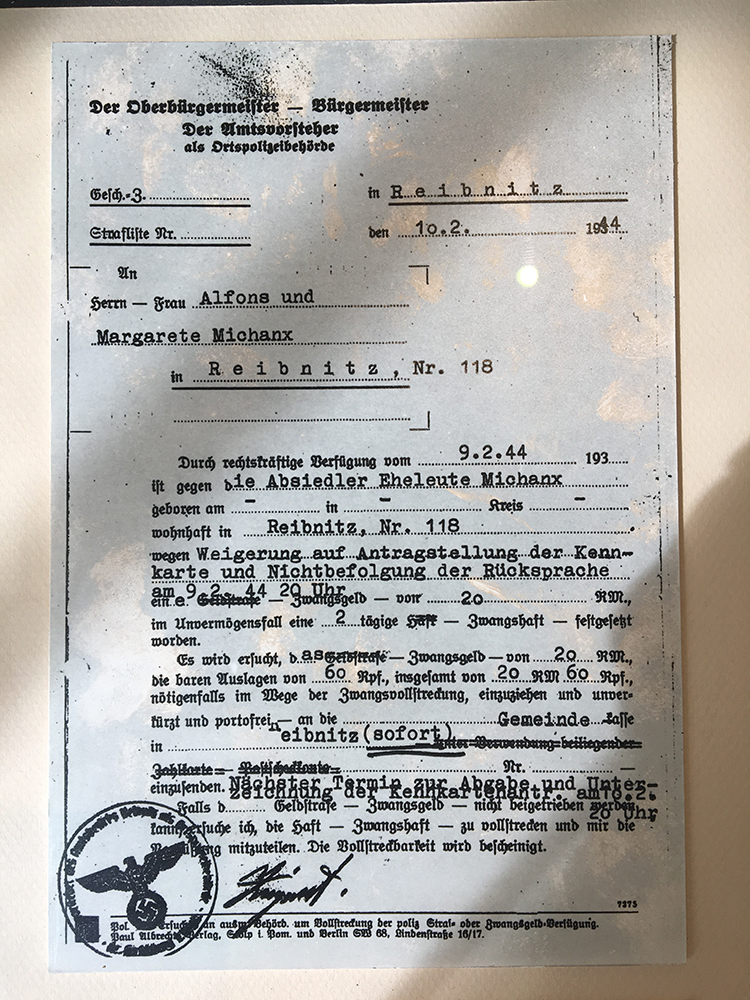Ich merke, wie ich versuche unbedingt ein “gutes “nächste Video zu machen und das mich dran hindert weiter unbefangen zu dokumentieren, was ich an dem Projekt mache und was mich beschäftigt.
An Tagen wie heute, also an einem Tag wo die weltpolitische Lage sich nochmal zugespitzt hat, da wird mir bewusst wie wichtig es mir ist, irgendetwas zu tun, was in meiner Macht liegt, was auch nur ein ganz wenig gegensteuern kann.
und ich merke, immer wieder: es ist eine Geschichte, die so viele unter uns in einer Form oder der anderen teilen. Flucht, Vertrieben werden, Heimatlosigkeit …
Jedes Mal, wenn ich mit Menschen über dieses Projekt rede, entsteht eine Gemeinsamkeit, fast jeder ist heute noch in einer Form oder der anderen betroffen von dem, was in Kriegszeiten und danach passiert ist ….
Ich habe heute meiner Therapeutin geschildert, woran ich das erste Mal gemerkt habe, dass ich wohl ein Verhalten habe, täglich, was nichts mit meiner realen Situation zu tun hat …. Bis Mitte 20 habe ich jeden Abend meine Kleidung mit Schuhen so vor mein Bett gelegt, dass ich mich ganz schnelle anziehen könnte …. und meine Handtasche / Rucksack stand immer mit den wichtigsten Sachen gepackt daneben … für den Fall, dass ….
Ja, für welchen Fall …? Für den Fall, dass “sie” kommen …. Mir wurde irgendwann klar, dass die Geschichten meiner Großmutter über das Klingeln morgens früh und das auf einmal wegmüssen, dass diese Geschichte mich so tief geprägt hatte, dass ich Jahrzehnte lang jede Nacht auf das Klingeln vorbereitet war.
Meine Therapeutin meinte dann: “Das kenne ich. Das Hinlegen der Kleidung, die gepackte Tasche.” Ihre Mutter kommt aus Schlesien. Und musste flüchten …
das begegnet mir hier in Berlin immer wieder. Die Menschen hier, deren Eltern aus Schlesien kommen, die flüchten mussten, Alles verloren haben … und dann meine Geschichte, mein Vater, der nach Schlesien zwangsumgesiedelt wurde … die andere Seite und doch, die Auswirkungen bis heute, die sind ähnlich.
Vielleicht habe ich einen Vorteil im Erzählen. Weil ich die oft weitergegebene Scham der “Täterseite” nicht mit mir rumtragen muss, das Privileg habe zu sagen, dass meine Großeltern weg mussten, weil sie offen Anti-Nazi waren …
Und vielleicht kann ich dieses Privileg nutzen, um Gespräche zu führen … nicht nur mit den Luxemburgern auf der “guten” Seite …
Eine “Note” vom November 2019 (!) über das Projekt. … was einfach nicht entstehen wollte …
Und, ich sehe, dass ich jetzt, 5 Jahre später wieder da stehe, an einem Anfang, in einer Welt, die mich zum Verzeifeln bringt, und doch ist etwas anders. Ich habe eine Idee von dem was ich möchte und vor allem eine grosse Lust am Experimentieren, Erforschen, Lernen und Weitegeben …
also hier ist die 5 Jahre alte Notiz:
layers
diary form
can i use email as well
when did this project begin
what has kept me from realising it until now
intolerance ignorance and a grievance are a potent mix that seems to be back
my father who had hoped that something like ww2 would never happen again …
in this current political atmosphere of division, demagogues, fear and mass manipulation where we do not realise what we have lost until it is gone for good
too bust with our instagram accounts, our social media personas, our money our hime our style our phones to notice what is going on
we are already living in a surveillance state where everything we say, write, do and think is recorded, monitored, stored
conversations
when do i bring in history?
when people ask me what this “Emsiedlung” is i find that most react with incredulity.
why did the nazis do that? why was your family deported? what did they do? what was the point of relocating them
imagine losing your home. just think for a second: you have 30 Minutes to gather everything you can carry yourself and the. leave everything else behind. what would
you take?
for years this question gas haunted me. every evening i put my handbag, backpack or whatever it was i used at the time to carry my essentials next to my bed … plus a set of clothes i could put on quickly in an emergency … never fully realising that my grandmothers stories about how the sa came very early in the morning to tell them they had to leave …
transgenerational memory
imagine being put into a cramped train with no idea where you are going and no way to be in contact with family and friends.
maybe i still live like a nomad because of that … never my own home, my own space, always ready to leave and destroying my safety when it gets too comfortable.
when my father died he left us a house full of stuff. we found drafts for letters he had written 50 years earlier,
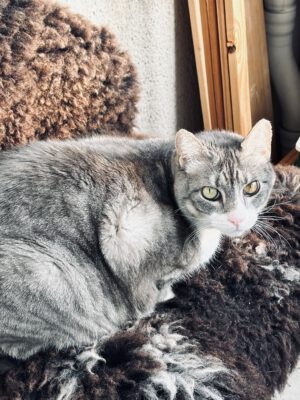
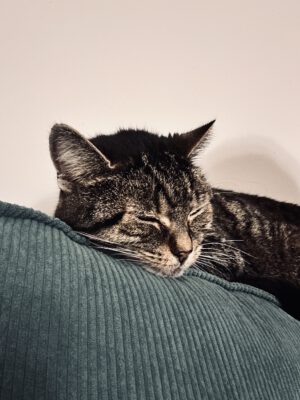 Auch noch heute habe ich immer einen Plan wie ich meine Tiere mitnehmen kann, falls ich schnell weg müsste …
Auch noch heute habe ich immer einen Plan wie ich meine Tiere mitnehmen kann, falls ich schnell weg müsste …
Ihre Körbe stehen immer bereit …
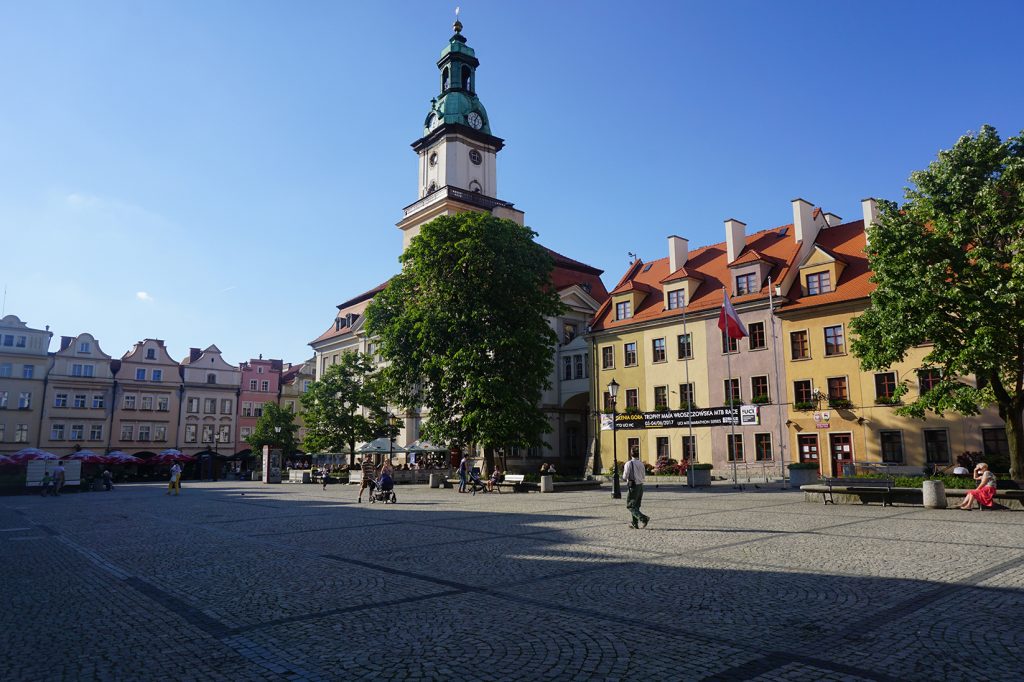
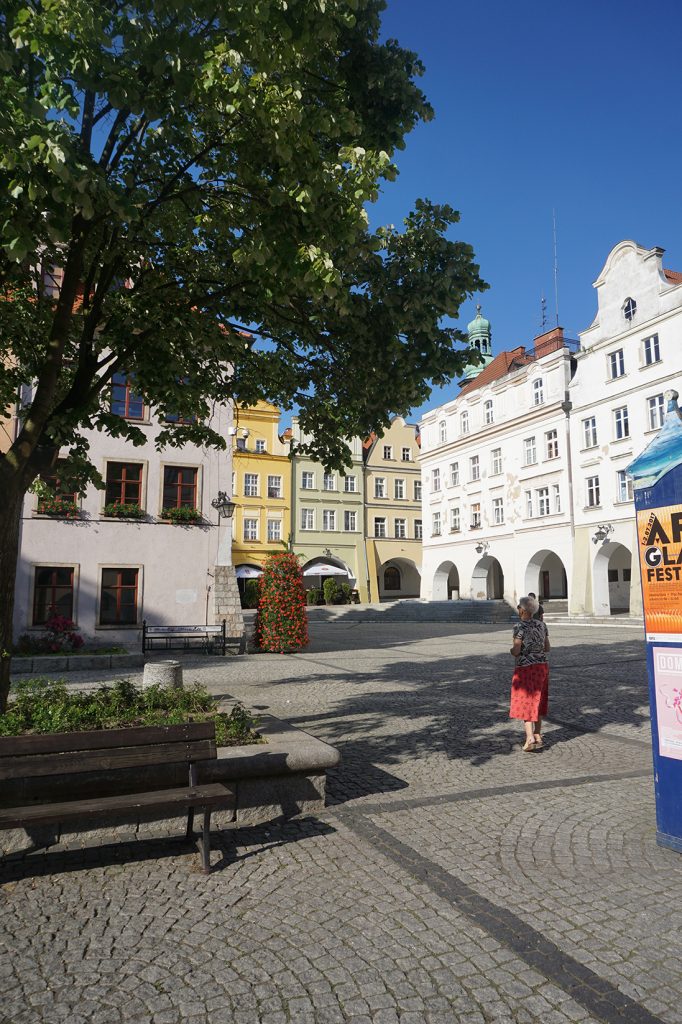
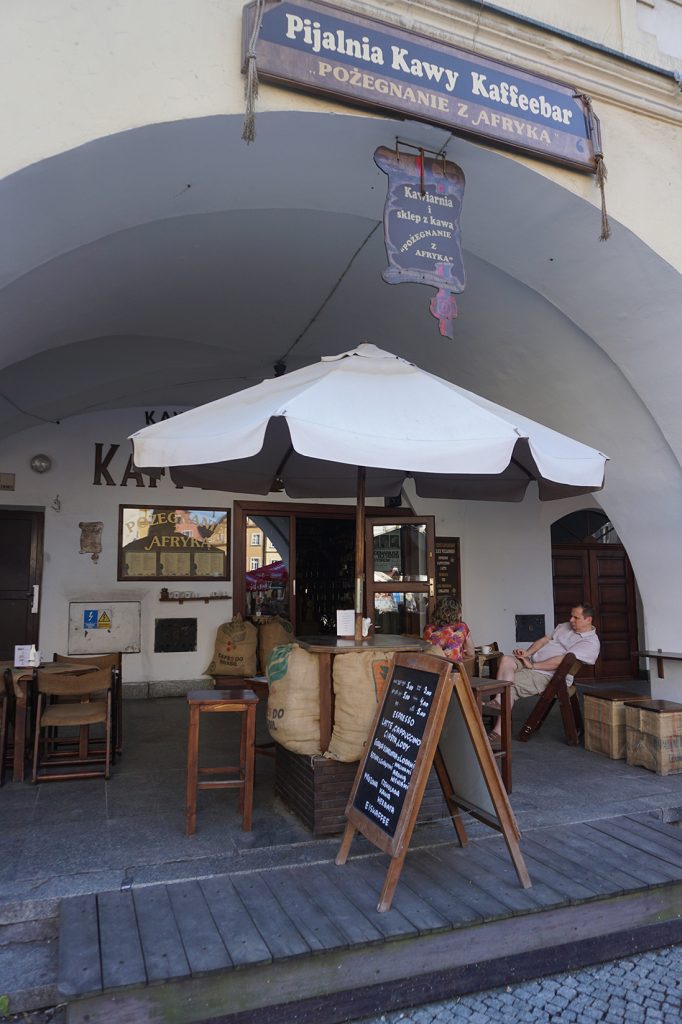
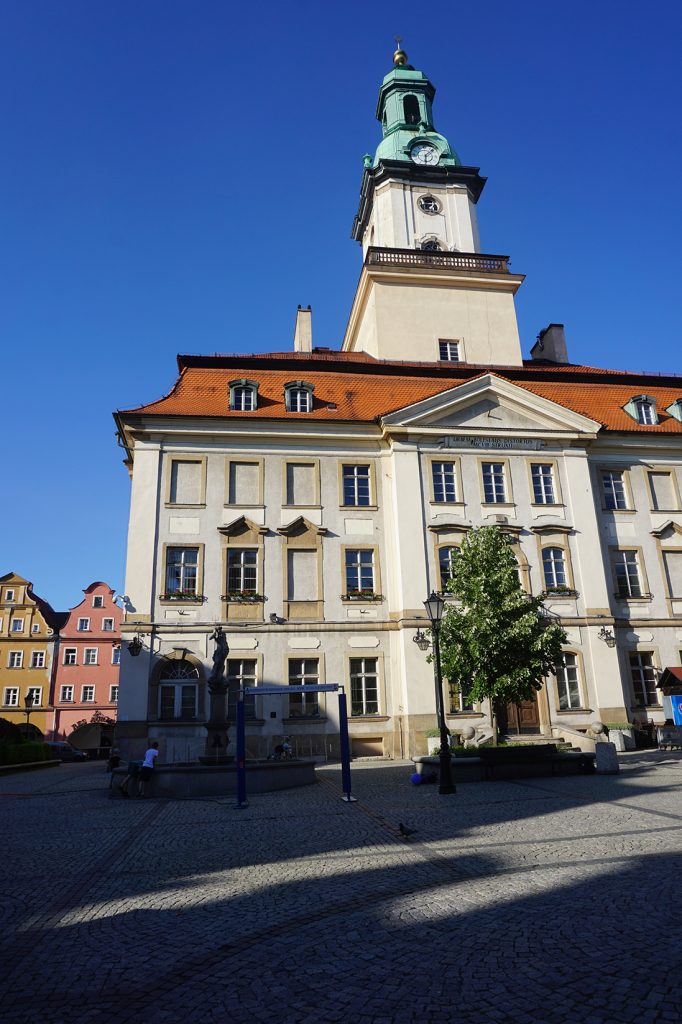
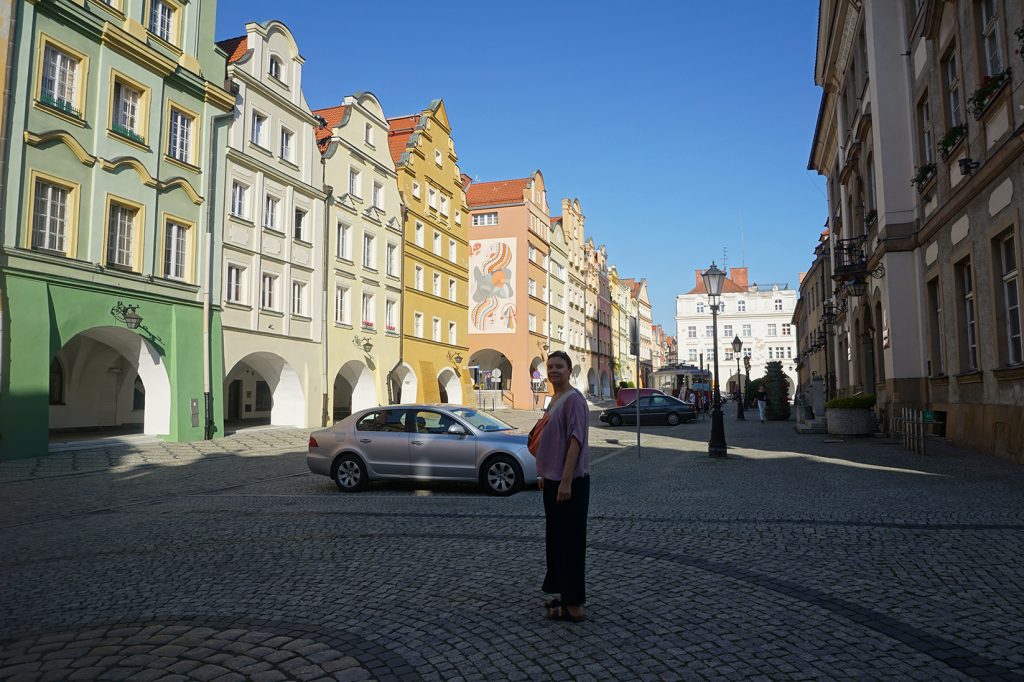
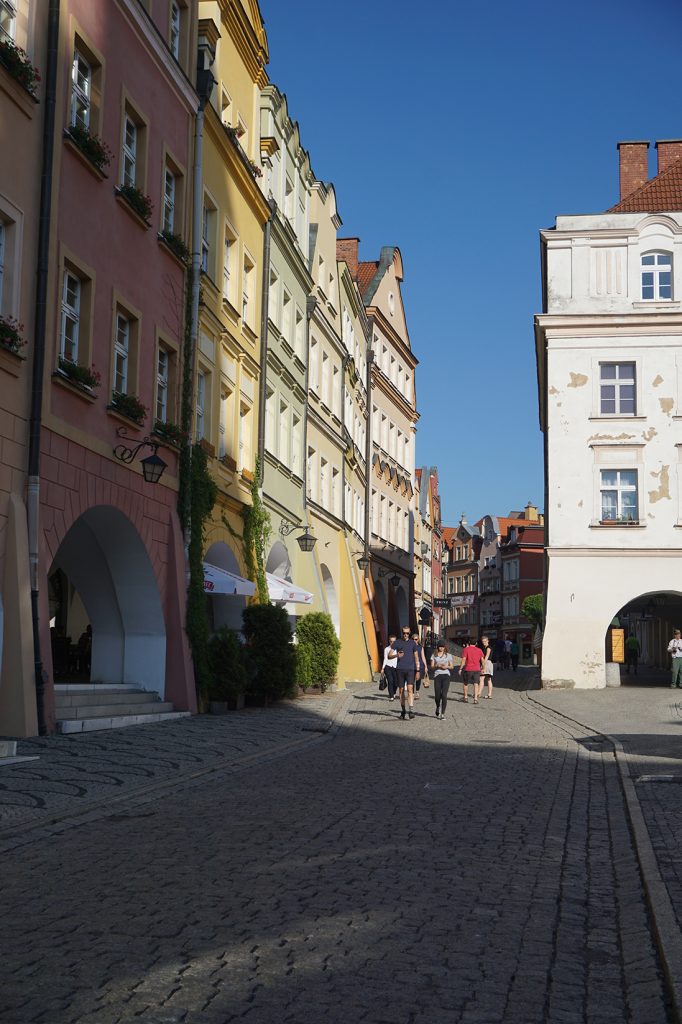
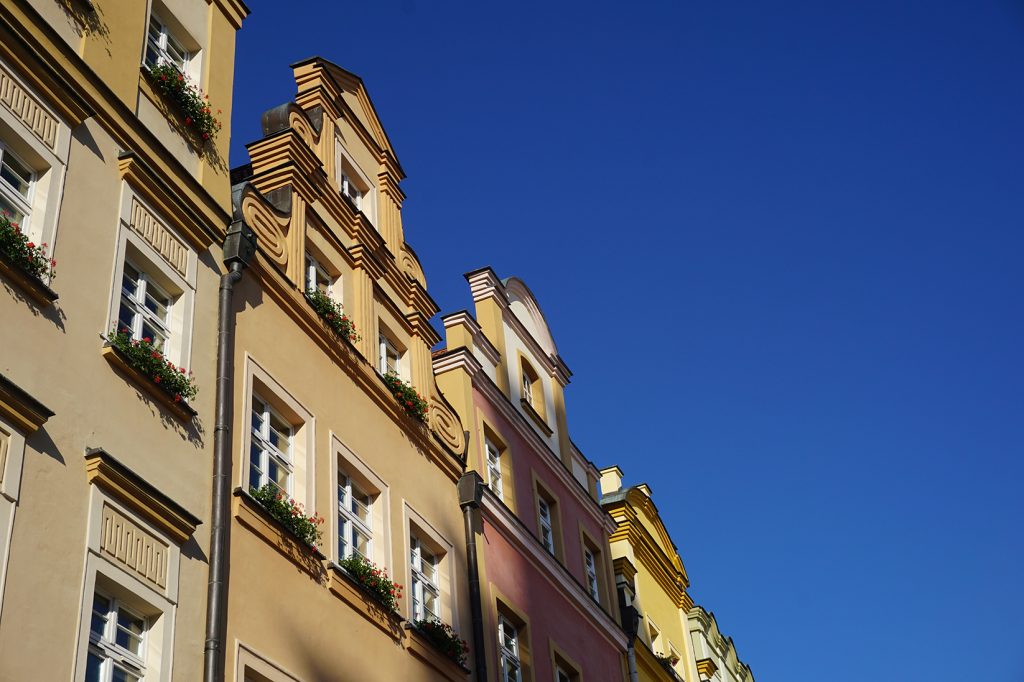
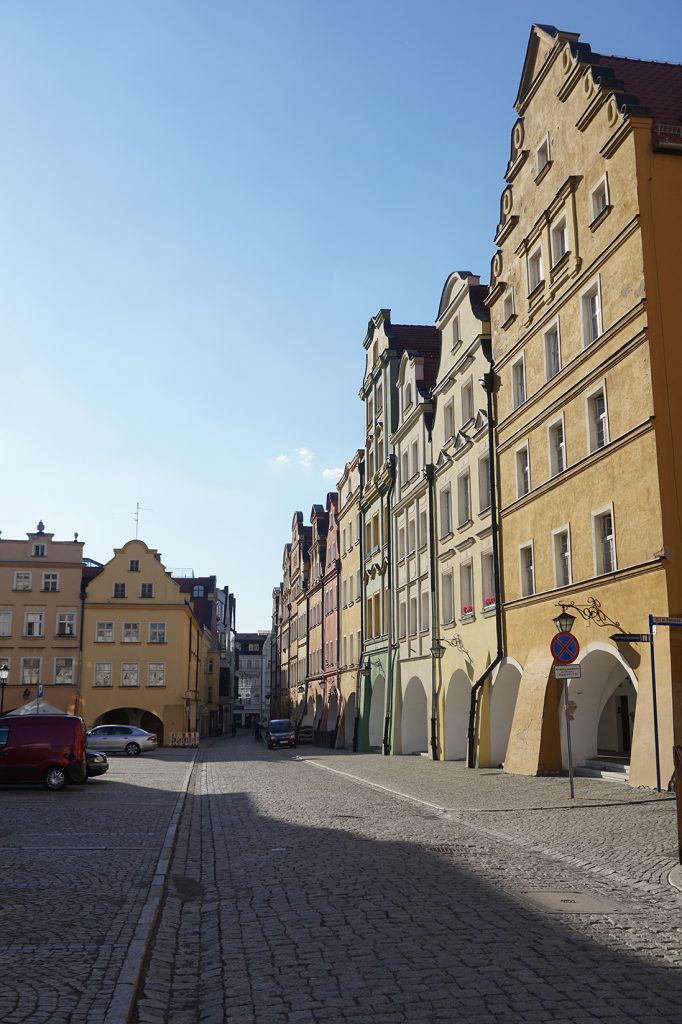
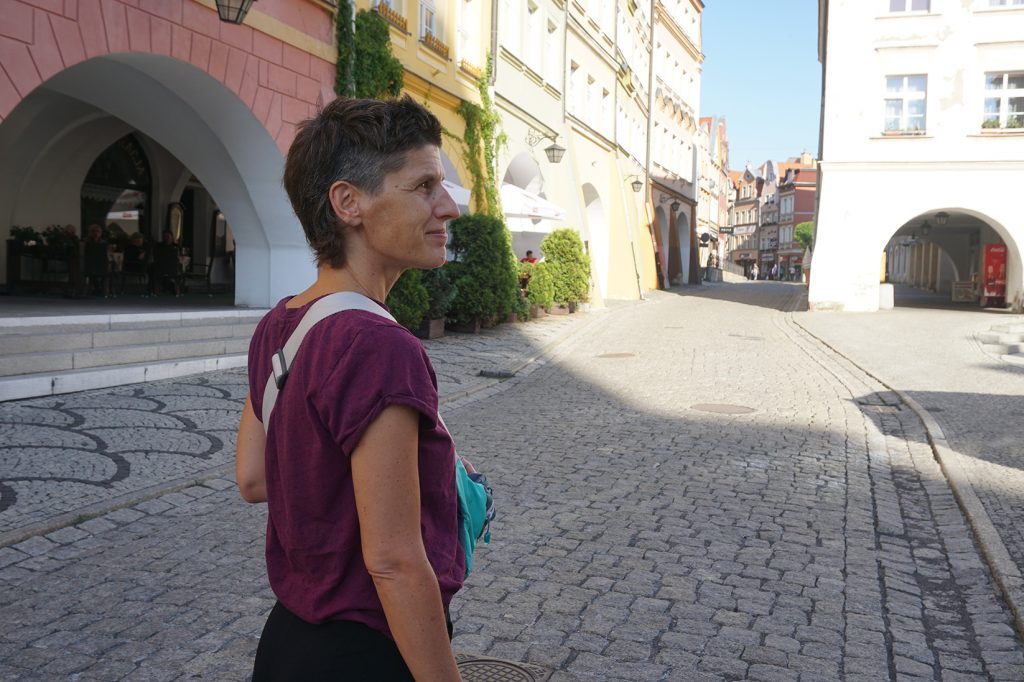
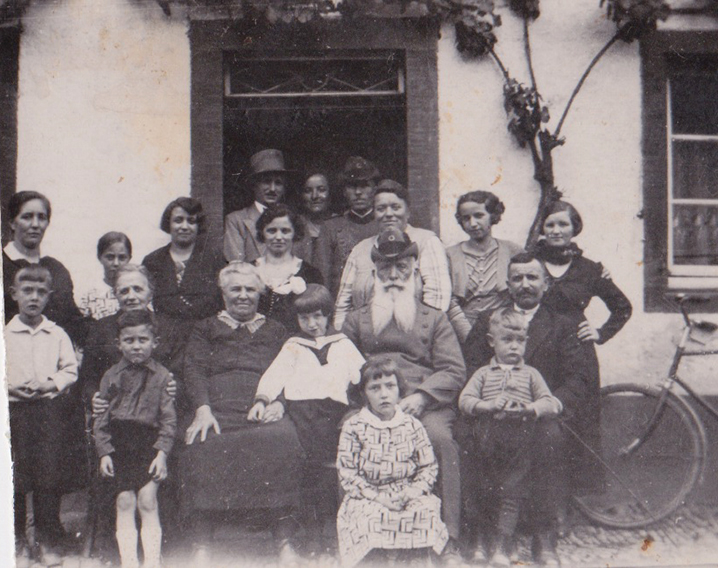 picture taken in Hamm /Eifel long before my Dad was born (exact date unknown)
picture taken in Hamm /Eifel long before my Dad was born (exact date unknown)
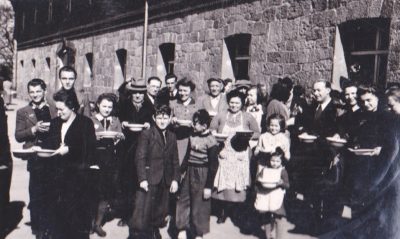
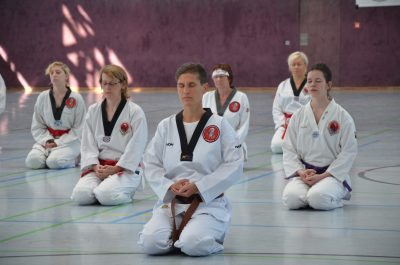 Meditating can provide an inner home (OMAC training weekend in Frankfurt a.M. 2012)
Meditating can provide an inner home (OMAC training weekend in Frankfurt a.M. 2012)